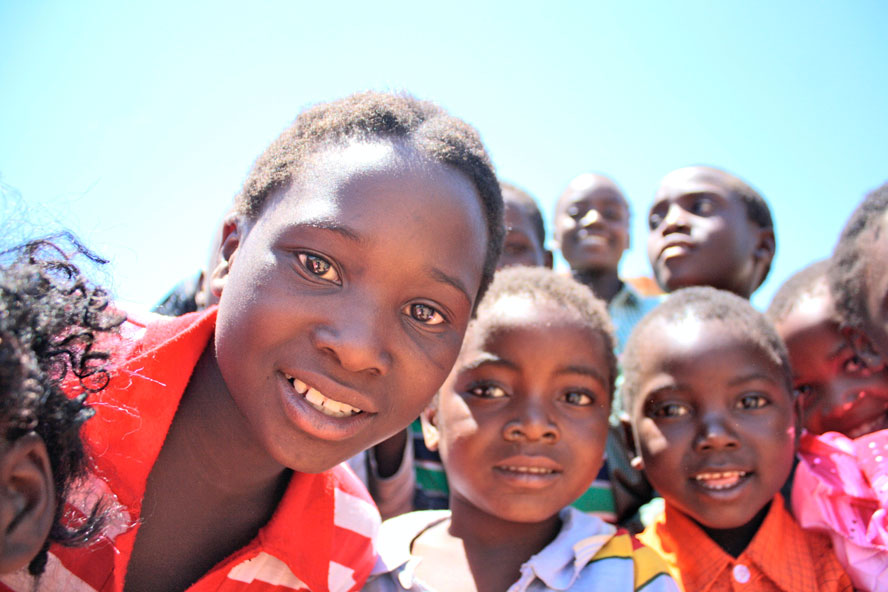Universal Health Coverage (UHC) is the overarching goal in the 2030 Agenda for Sustainable Development and is critical to its success or otherwise. It is therefore not a surprise that it is accorded high priority by the WHO and commands great attention of the world leaders, standing as the global initiative with the greatest political clout ever.
UHC is not only a veritable strategy to ensure comprehensive healthcare services for the population, it is also morally expedient given that it embodies the universal aspiration for equity and fairness. The question now is how do we accelerate the attainment of UHC? In exploring this question, it is important to understand what UHC means in its intended form.
Target 3.8 of the SDGs describes UHC as having access to quality essential healthcare services; safe, effective, quality and affordable essential medicines as well as vaccines for all. However, it would be a mistake to limit UHC only to the provision of biomedical health services, which contributes a paltry 10-20% of population health outcomes. The definition of UHC by WHO as a situation where all people have access to the health services they need without experiencing financial hardship, with the understanding that the health services must be of high-quality standard, comprehensively include prevention, health promotion, treatment, rehabilitation and palliative care for all segments of the population, clearly highlights the need and involvement of other sectors than health.
Indeed, multisectoral involvement is more important in attaining UHC in its broadest sense and ensures the provision of other public sector services such as potable water; safe and healthy environment free of physical danger, pollution and disease vectors; production/availability of affordable healthy food options; good governance with responsible and competent individuals in decision making positions; amongst a host of other social determinants of health, which account for about 50% of population health outcomes.
According to the WHO, Social determinants of health are the conditions in which people are born, grow, live, work and age and include physical environmental conditions, socioeconomic status, education, place of residence (rural, urban, etc.), race or ethnicity, occupation, gender, religion, social network, violence, and individual lifestyles. They are more important than specific disease agents in determining the health status and outcomes of individuals or groups. Social determinants of health include policies, the electoral process and governance structures and collectively constitute the root causes of most of the health issues we grapple with today, as well as inequities in accessing health care and other social services.
The inequalities occasioned by social determinants of health became more obvious during the COVID-19 pandemic when access to essential services declined further. After several months of lockdown, many institutions and individuals embraced digital solutions for their operations including education, health services as well as grocery shopping. The vulnerable and disadvantaged segments of the population were largely left out and bore the greatest burden of the pandemic. The consequences of these inequities would remain in many countries for a long time.
Multisectoral action is inevitable to shape social determinants of health for healthy living/wellbeing in harmony with nature. Indeed, this was the focus of the just concluded 10th International Conference on Health Promotion where emphasis was laid on whole-of-government approach for wellbeing society. The conference highlighted other aspects of social determinants of health, including commercial, legal and digital determinants amongst others; and reiterated the need to view multisectoral action as an investment for population wellbeing, rather than bothersome costs. Already some countries have adopted wellbeing economy with an operational monitoring framework and it does not need a soothsayer to understand that these countries are already on the path to attain UHC.
There is no doubt that universal UHC and other SDGs cannot be achieved without addressing the social determinants of health. It is therefore disheartening that little attention is paid to these generally, and few non-state actors are engaged in the area of social determinants of health in spite of mounting and unequivocal evidence that the attainment of UHC is almost impossible if not pursued through the lens of social determinants of health. To contribute towards filling the gap, E4HDI has chosen to focus on this important but neglected area for intervention, in partnership and collaboration with other stakeholders.

